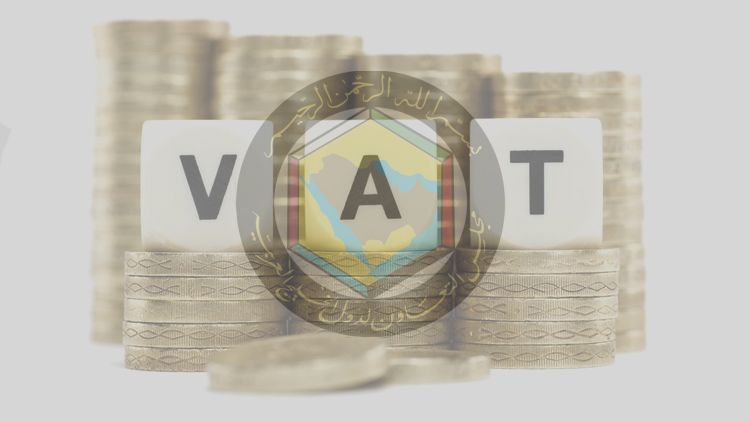by Unitedvat
Posted on Oct 31, 2017

Value-added tax is on advancement across the GCC and the progress so far is worth taking a note. Out of Six, Five of the GCC nations have approved the Unified Agreement for Value Added Tax and while the UAE has taken a leading role through the process, the administrative and legislative work still needs to be done across the region.
Saudi Cabinet taking the lead in the initiative among other GCC nations, approved the Unified Agreement for Value Added Tax that previously referred to by the tentative title of a framework agreement. This agreement will be concluded by all six GCC nations.
The unity referred to in the unified agreement is a unity of purpose. It is intended to make sure the implementation should be smooth and easy without any hinderance or any policy paralysis. Though it does not indicate that each national VAT law will be similar, nor all the nations need to impose the law simultaneously.
The rate of VAT has been confirmed at 5% after considerable negotiation, a ballpark figure that was tentatively agreed at GCC level in the fall of 2016.
The Bahrain minister confirmed that basic food and other consumer commodities, medicines and medical supplies will be exempt from VAT. This, again, is in line with previous announcements, which have indicated that a list of just under 100 items or categories of goods and services will not be subject to tax.
The list of exemptions quite outrightly indicates the intention on the part of the GCC authorities to temper the mildly regressive nature of VAT. Healthcare, medical equipment, charities funds are all exempted in order to create a free flow of cash and no hindrance in the existing operations of these industries as these categories are for human welfare and development.
The finance department of Bahrain confirmed that out of six, five GCC countries, including Bahrain, have signed the Unified Agreement. The speculation is rife about the nation that opted out, but initiatives from UAE and Saudi, at least confirms that they are not the one which is not the part of this pact.
They also stated that administrative and legislative work will begin as soon as possible. Administratively, the introduction of a new tax is complex, even in jurisdictions where a broad tax regime already exists.
They also announced that awareness programmes will be held to inform the public. Creating awareness is the utmost priority of the nations and in order to spread the news to as many businesses as possible and more importantly as earliest as possible, a whole new approach should be thought upon. They need to push the enveloper and think of unique marketing gimmicks to achieve the target and expand their reach.
The UAE Ministry of Finance said in February last year that VAT would be implemented in the UAE from January 1, 2018. The whole process of making guidelines and implementing at the ground level requires vision and endurance on the government part. They don't want to miss the wave, neither face the after consequences of the bad implementation. Thus the effectiveness and sustainability of the VAT depends a lot on the execution, which has to be on their top agenda.


